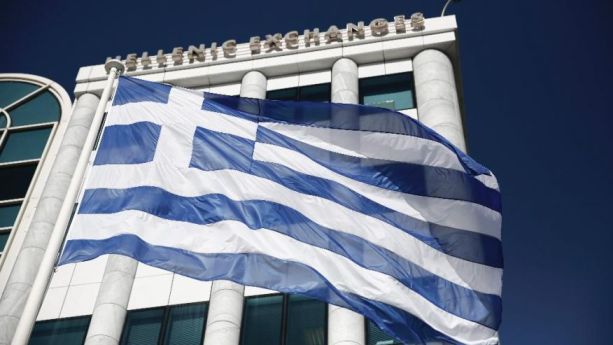Poll Shows “Yes” Votes Have Slim Lead Prior To Greek Referendum
A poll showed that bailout supporters have a slim lead over the “No” votes a few days before the Greek referendum. The survey was conducted by ALCO institute and was published on the Ethnos newspaper. It showed the “Yes” votes with 44.8 percent while the “No” votes had 43.3 percent. However, the margin of error is at 3.1 percent, which encompasses the lead of the bailout supporters. The poll also showed 11.8 percent were undecided.
The vote may decide the future of Greece as banks remained closed and cash withdrawals were limited. The referendum may also determine if the country will become the first country to leave the single European currency area.
The poll showed that majority of Greeks want to continue using the euro at 74 percent while only 15 percent wanted to go back to a national currency. Prime Minister Alexis Tsipras appealed for the rejection of the terms offered by international creditors ahead of the Greek referendum.
The prime minister assured voters that banks would reopen once a new loan is released even as discontent continues to rise. The credit ratings agency, Fitch, indicated that it was necessary for emergency liquidity assistance to be increased by the European Central Bank to ensure banks will remain in business.
Tsipras is expected to address “No” supporters at the central Syntagma Square in Athens on Friday evening while a rally at the old Olympic Stadium was planned by “Yes” supporters. The “No” campaign was mainly focused on Germany, the biggest creditor of Greece and the dominant power in the euro zone.
One poster showed the picture of Wolfgang Schaeuble, the finance minister of Germany, with the slogan indicating that he was sucking blood for five years, and it’s time for Greeks to say “No.”
The highest administrative court of Greece, the Council of State, will decide the constitutionality of the Greek referendum at a hearing scheduled on Friday. A European human rights and democracy watchdog, the Council of Europe, said the minimum standards were not met by the vote.
A suspension of the vote was urged also by two citizens since it was supposedly illegal and unconstitutional. They contended that the referendum was called at a short notice, the constitution prohibits fiscal policy questions, and the question is complicated and vague. A number of citizens may not be able to vote due to cash restrictions or they are out of the country.
The International Monetary Fund gave a warning on Thursday that the country may have to deal with a financial crisis no matter what is the outcome of the Greek referendum. In order to remain afloat, Greece requires another 50 billion euros in the next three years along with considerable debt relief.
A preliminary draft of the debt sustainability report of the Fund highlighted the magnitude of the problems Greece is facing. Greek citizens will decide on whether the government was unable to come to a resolution with its European partners or not at the Greek referendum.
A Greek pensioner said people have lost everything and all the politicians are to blame for the situation. The European partners of Greece have made it clear that the outcome of the vote will determine whether Greece will remain in the euro. French Prime Minister Manuel Valls said they are asking Greek citizens to think hard about the possible effects of a “No” vote, which may result to the exit of Greece from the euro zone.
The statement highlighted the concern of many that the nature of the single currency will change if Greece will leave. Finance Minister Yanis Varoufakis and Tsipras have also said they will quit if the bailout plan is approved at the Greek referendum. This may result to the creation of a national unity government that will discuss another loan or new elections will be held by September.
The coalition of Tsipras has started to disintegrate as a number of deputies have shown their support for a “Yes” vote at the Greek referendum. Varoufakis indicated that the report of the IMF supported the demand of Greece to focus on debt relief during the negotiations. He said all the research done by the IMF are set aside once IMF functionaries work with the European Commission and the ECB so they can impose their policies on the Greek government.
